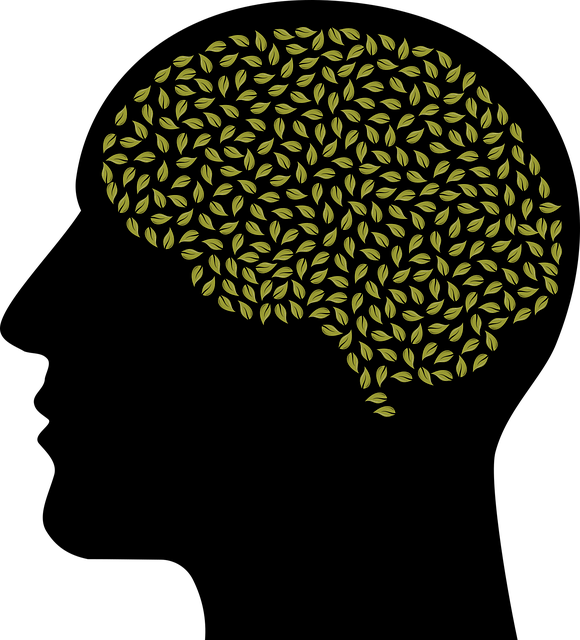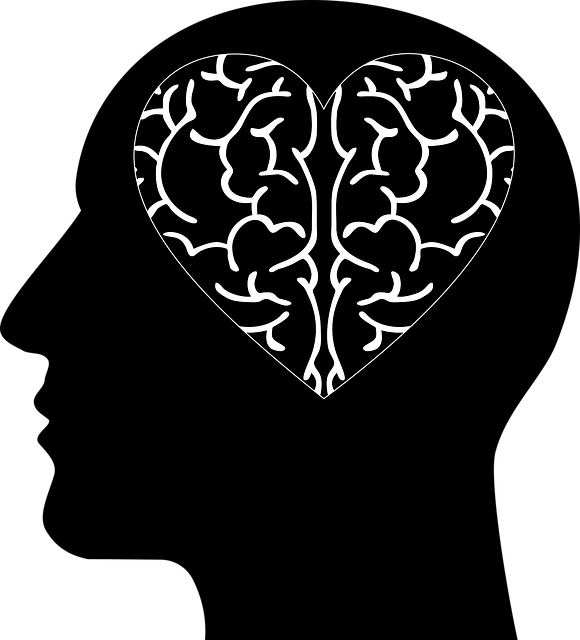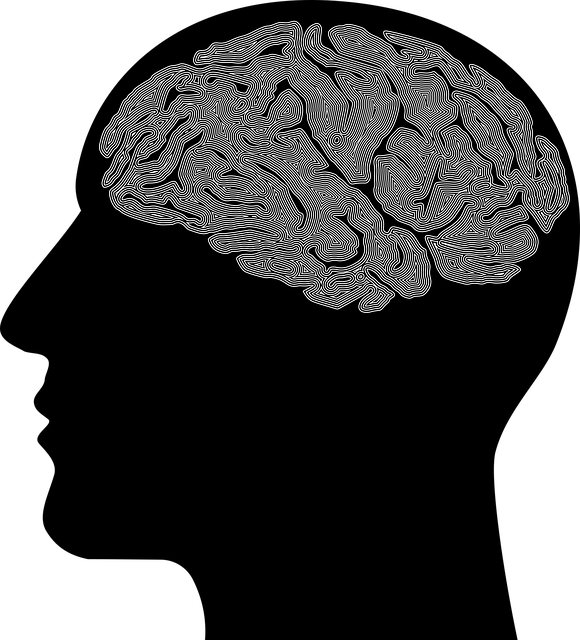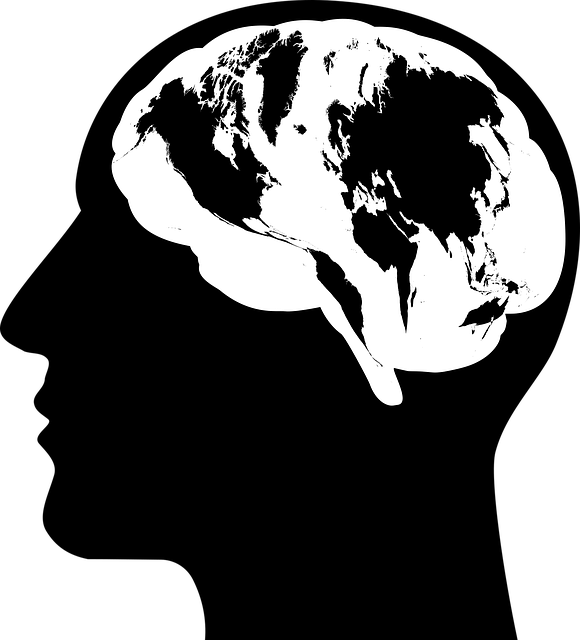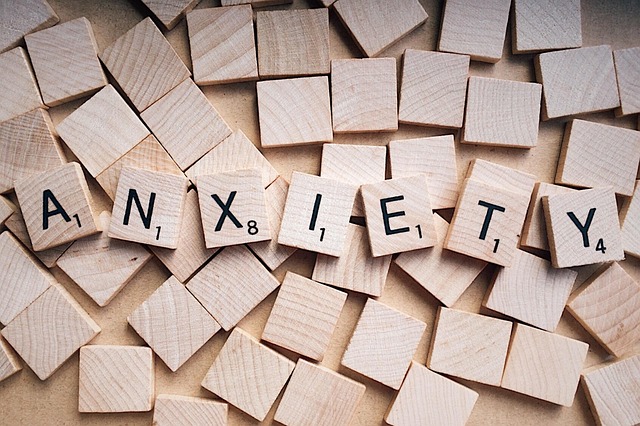Adolescent teens in international adoptions face unique challenges like cultural adjustment, language barriers, and family dynamics shifts, which can lead to mental health issues. Effective therapy requires tailored group facilitation techniques creating safe spaces for expression without judgment. Incorporating stress reduction methods from their native lands, community outreach programs, and structured mood management workshops ensures teens feel supported in seeking mental health assistance. Holistic approaches aim to build resilience and overall well-being, addressing the unique challenges of therapy for these vulnerable adolescents. A safe, inclusive environment with clear ground rules, self-care practices, and burnout prevention strategies enables them to explore emotions, build trust, and cultivate a sense of belonging.
Mental wellness group facilitation plays a pivotal role in supporting adolescent teens from international adoptions, addressing their unique emotional needs. This article explores effective techniques tailored to this vulnerable population. We delve into understanding the specific challenges they face and provide strategies for creating safe, inclusive environments that foster healing. By employing engaging facilitation methods, therapists can enhance group therapy outcomes, promoting mental wellness and resilience among adopted teens. Discover practical insights for improving therapy sessions focused on international adoptions.
- Understanding the Unique Needs of Adolescent Teens in International Adoptions
- Effective Group Facilitation Techniques for Mental Wellness Support
- Creating a Safe and Inclusive Environment: Strategies for Group Therapy Success
Understanding the Unique Needs of Adolescent Teens in International Adoptions

Adolescent teens in international adoptions often face unique challenges that require tailored mental wellness group facilitation techniques. Adapting to a new culture, language, and family dynamics can be incredibly stressful, leading to heightened anxiety, depression, and even post-traumatic stress disorder (PTSD). Facilitators must create safe spaces where these teens feel comfortable expressing their feelings and concerns without fear of judgment or stigma associated with mental illness.
Understanding the cultural context is crucial in therapy for adolescent teens international adoptions. Incorporating stress reduction methods that resonate with their background, such as mindfulness practices from their native land, can make therapy more effective. Additionally, mental illness stigma reduction efforts within the community outreach program implementation can foster a supportive environment where these young individuals feel empowered to seek help and support without embarrassment.
Effective Group Facilitation Techniques for Mental Wellness Support

Effective group facilitation techniques play a pivotal role in enhancing mental wellness support for adolescent teens, especially those involved in international adoptions. One powerful approach is incorporating interactive activities that encourage open communication. By creating a safe and non-judgmental space, facilitators can guide discussions on sensitive topics, fostering a sense of belonging and understanding among group members. This not only strengthens their social connections but also enhances their ability to express emotions, a crucial aspect in therapy for adolescent teens navigating complex life transitions.
Additionally, integrating structured mood and stress management workshops within the facilitation process is invaluable. These workshops teach practical strategies for recognizing and regulating emotional states, empowering teens with tools to manage stress effectively. Utilizing communication strategies tailored to diverse cultural backgrounds ensures inclusivity, catering to the unique needs of internationally adopted adolescents. Such techniques contribute to a holistic approach in mental wellness support, aiming to nurture resilience and overall well-being among this vulnerable population.
Creating a Safe and Inclusive Environment: Strategies for Group Therapy Success

Creating a safe and inclusive environment is paramount for group therapy success, especially when facilitating sessions for adolescent teens from international adoptions. This begins with establishing clear ground rules that emphasize respect, confidentiality, and active listening. By fostering an atmosphere where every participant feels seen, heard, and valued, facilitators encourage open communication and build trust. Incorporating self-care practices tailored to the unique experiences of these teens can significantly enhance their therapeutic journey.
Addressing burnout prevention strategies is crucial, given the potential for high-stress situations related to identity formation, cultural adjustment, and past traumatic experiences. Integrating depression prevention measures, such as teaching coping mechanisms and fostering social support networks, empowers adolescents with tools to navigate challenges effectively. Ultimately, a supportive environment enables participants to explore their emotions, build resilience, and cultivate a sense of belonging.
Mental wellness group facilitation plays a pivotal role in supporting adolescent teens through international adoptions, addressing their unique needs. By employing effective techniques and creating safe, inclusive environments, therapists can significantly enhance the therapeutic process. Understanding these strategies is essential for fostering resilience and well-being among young individuals navigating complex transitions, ultimately improving outcomes for therapy for adolescent teens in international adoptions.


